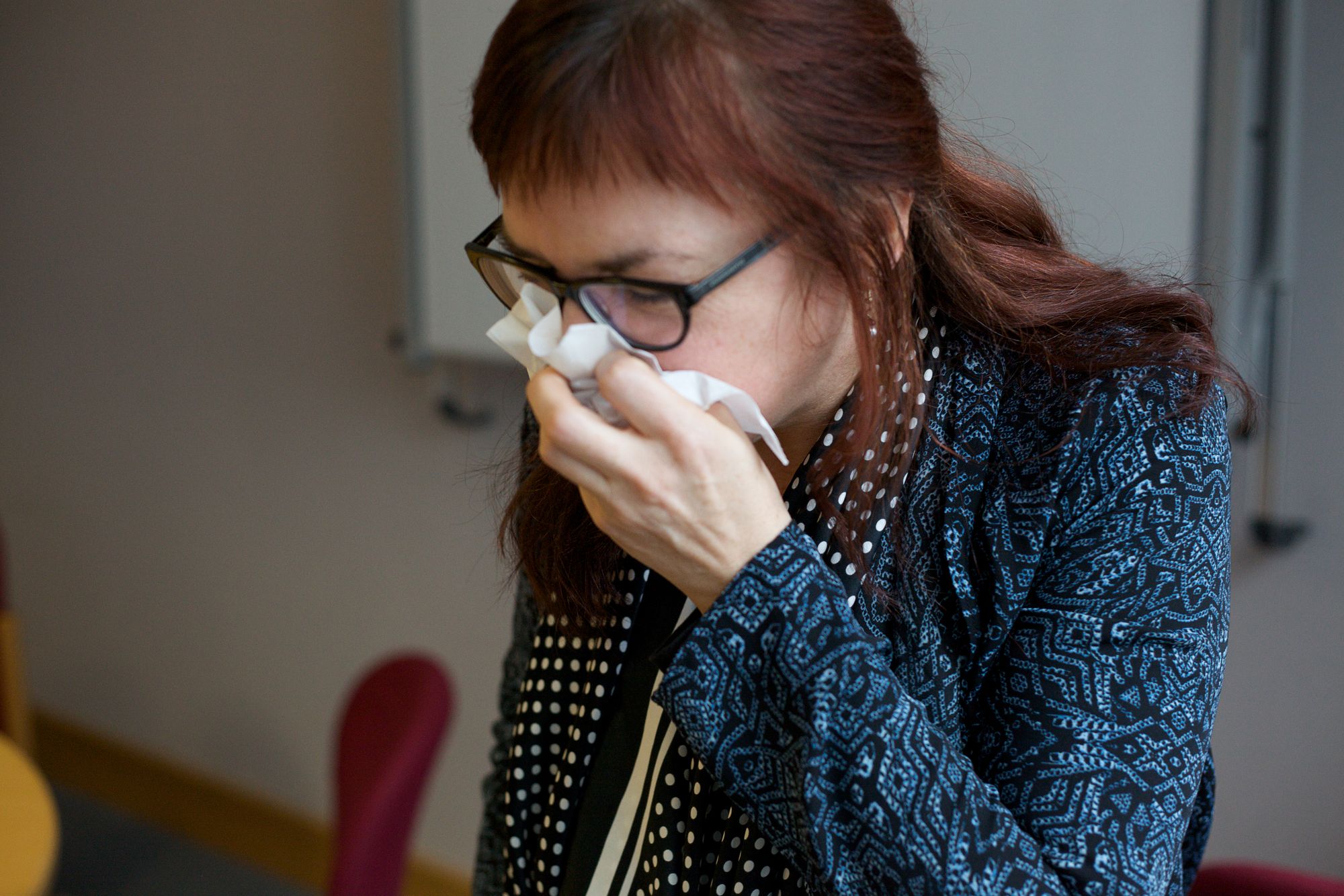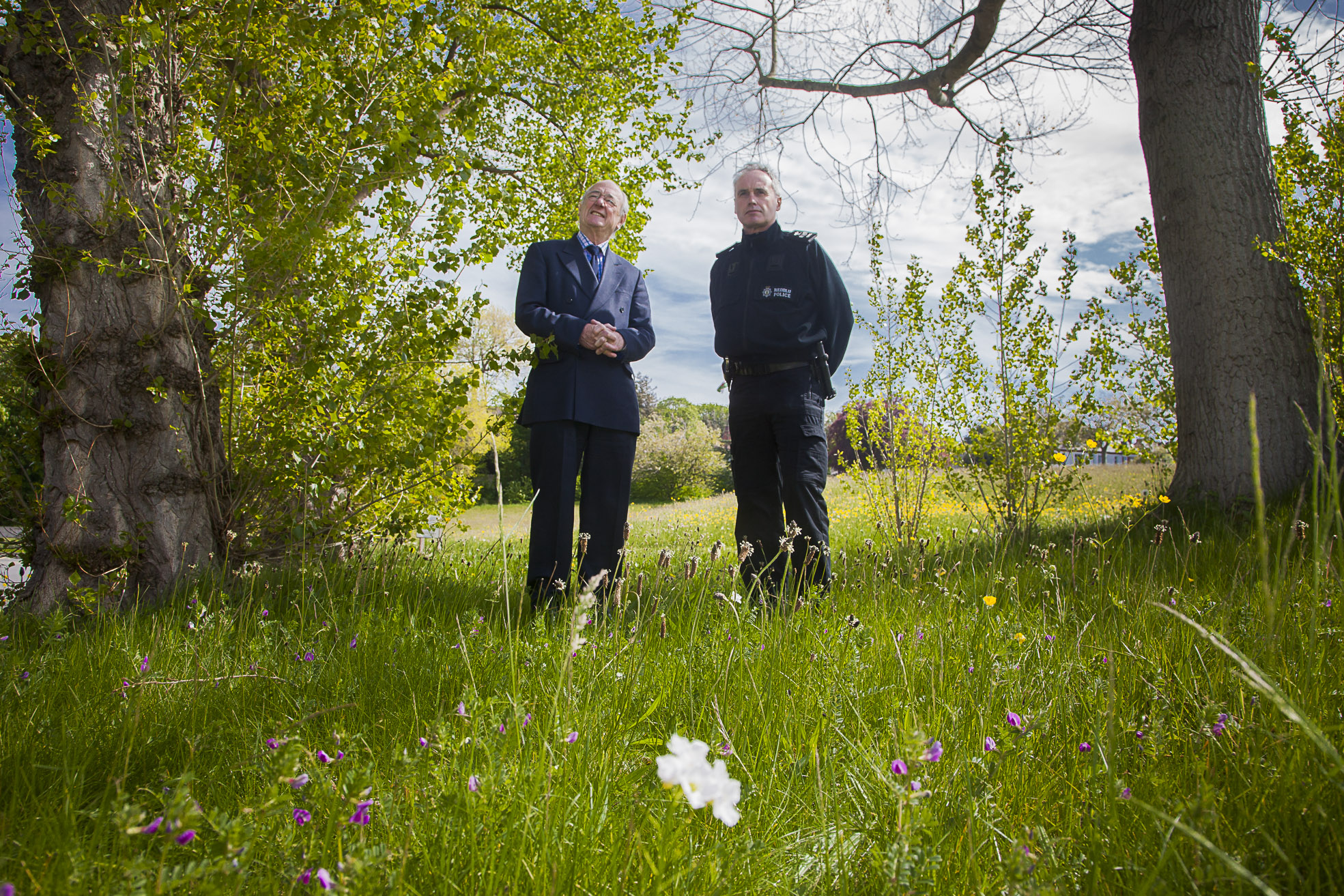Health experts are encouraging people to choose the right source of care for illness and injury over the festive break.
Betsi Cadwaladr University Health Board (BCUHB) says many trips to busy GP surgeries and hospital emergency departments can be avoided if people seek the advice of their pharmacist or local Minor Injury Unit at the earliest opportunity.
There are more than 130 community pharmacies across North Wales, which can provide fast access to health advice, many of which are open for long hours and over weekends.
Evidence suggests that, across the UK one out of every four people who visit emergency departments could have treated themselves.
Many respiratory conditions, coughs and colds can be made worse by colder temperatures during winter and health advisors say it is paramount people take care of their own wellbeing by following simple health advice.
It’s important that those who are eligible take advantage of the free flu jabs available to those living in Wales.
The free flu jab is available from GP surgeries and local pharmacies for those aged over 65, pregnant women, children and adults with long term chronic conditions, carers and people living in residential or nursing homes.
Also, for the first time in Wales, anyone with a Body Mass Index (BMI) over 40 is eligible for the jab, while children aged two to seven can receive protection through a nasal spray. Those aged two or three can get their vaccine at a GP surgery, while pupils in Reception plus Years 1 to 3 children have also been offered the vaccine in school.
As well as promoting good self-care, health experts are also advising people to think carefully about their options if they need further care this winter and to choose the service that best meets their needs.
A new service in North Wales allows patients to access their regular medicines in an emergency without the need to get a prescription.
The service, which has been welcomed by patients, means it is possible to reduce demand on busy GP surgeries and Emergency Departments.
Rebecca Mason, a Consultant in Public Health for Public Health Wales, said: “It is important to look after yourself, especially during winter as the cold weather can make it harder to shift those colds and coughs.
“If you are feeling unwell, don’t wait for it to get more serious before seeking help. Your local community pharmacist is on hand to offer advice and remedies to help you get better.
“If you are feeling unwell, don’t wait for it to get more serious before seeking help. In some circumstances, your GP is the right place to go but don’t forget there is a network of 130 local community pharmacists across North Wales that can give expert advice and prescribe the right treatment for many minor illnesses and conditions without the need for an appointment.
“They are often open long hours and can help you deal with a range of ailments including coughs, colds, diarrhoea, upset stomachs and headaches.
“The flu vaccine is also an excellent way to protect you and your family’s health over winter. If you are eligible for a free flu vaccination, contact your GP or pharmacist to arrange an appointment.
“It is important to remember that demand on A&E and ambulance services is high, particularly during the winter. They are for serious injury or illness that needs immediate medical attention, such as choking, chest pain, blacking out, blood loss, serious injury or stroke.
“Minor Injuries Units are able to treat less serious injuries such as cuts, sprains, bites or minor injury.
“GPs or the Out of Hours Service are best placed to help you and your family if you have vomiting, ear pain or hearing loss, a painful cough, or symptoms that won’t go away.”
Health professionals say it’s important people know how and when to treat themselves and when they should seek further assistance. At the first sign of winter illness, even if it’s a cough or cold, people should seek the assistance of their pharmacist.
Cold and damp weather make people more vulnerable to winter illnesses, especially for those aged 65 or older, which can become more serious if left untreated.
Many over-the-counter medicines such as paracetamol and ibuprofen effectively relieve symptoms including sore throat, ear infections and coughs.
In April 2015, BCUHB became the first health board in Wales to take advantage of a change in the Welsh NHS regulations, this allows Community Pharmacies to supply regular medications to patients who have run out of their medicines. This is known as the Community Pharmacy Emergency Medicines Service
Rory Wilkinson, BCUHB Head of Pharmacy, Primary Care and Community Services, said: “This means that patients who had run out of, lost or come on holiday without their medicines do not need to make unscheduled appointments with GP surgeries, out of hours’ services or in the worst case attend A&E departments for prescriptions for regular medicines.
“Instead they can visit one of over 130 pharmacies across North Wales, which can make a supply of their medications to them, and for which NHS Wales will pay.
“This is an example of how the Health Board is using a variety of healthcare services to meet the needs of the patients, utilising the skills and professionalism of pharmacists to improve the health of our patients and efficiency of our NHS.”
At the community pharmacy, patients undergo a short consultation with the pharmacist. The patient’s identity is checked and a check is also made to ensure that they medication they have requested is regularly supplied to them on prescription.
*If you are unsure of where to seek help for an illness this winter, ring NHS Direct Wales on 0845 4647.
FACTFILE
Keeping well this winter
- The flu vaccine will protect you and your family’s health – if you are eligible for a free flu vaccination, contact your GP or pharmacist to arrange an appointment
- Make sure you have an adequate supply of your prescription medicine over Christmas and the New Year before pharmacies or GP surgeries close. Cold weather can exacerbate existing respiratory conditions.
- Consult a pharmacist at the first sign of a cough or cold before it worsens into something more serious.
- Keep warm. Ensuring the temperature inside your home remains at least 18C can help to prevent colds and flu. When out and about, wear several layers of light clothing as these trap warm air better than a single thick layer.
- Relieve symptoms of common winter ailments with over-the-counter medicines.
- Keep out the cold. Breathing cold air can increase the risk of chest infections. Ensure draughts are covered and your bedroom window is closed on winter nights.










